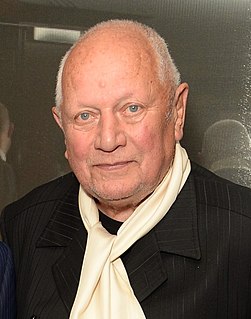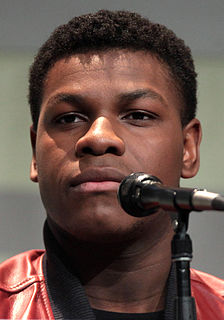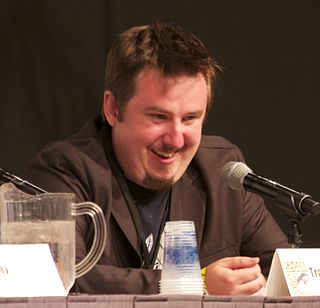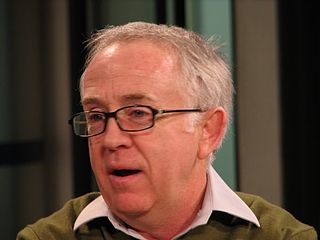A Quote by Steven Berkoff
My earliest memory is of my first day at primary school and the distress of seeing my mother part from me.And being in a room full of strangers - of aliens. I felt that I would never see her again.
Related Quotes
Probably my first memory of theatre, the first one I guess that had an impact on me was when I saw my very first panto with my Primary School. I think just going there and experience that for the first time, being so young, it's something that's actually stuck with me right up until now. And to think back and to sort of remember that magic and that first little hint of it was brilliant.
I was raised in a religion that I never felt embraced me. That wasn't her fault. I had this amazing childhood. My mother is of her generation. If I'm going to ask her to accept me exactly as I am, I have to give her the same. She has read part of the book, but my sisters told her which chapters not to read!
Even after the age of 50 it was impossible for me to see my mother as a human being. I felt she was a monster, and she had subtly been influencing my behavior and my thoughts and my dreams for so long that she was kind of a monster; she was a demon. And when I brought her back to life, I could feel that malevolent presence around me again, that woman who was totally incapable of giving nurturing to anybody, and, you know, her selfishness and her withdrawn indifference to everything but her own needs.
I have never loved Fortune, even when she seemed most to love me. I never considered her treasures mine, neither her money, nor her office nor her influence. Her theft of these things, therefore. has taken away nothing of my own. Mother, my roof is the stars. My house is human goodness. My body is clothed. My stomach is full. And the thirstier part of me, my soul, drinks gladly from the pool of my books.So much for me. I am just fine.
Tereza's mother never stopped reminding her that being a mother meant sacrificing everything. Her words had the ring of truth, backed as they were by the experience of a woman who had lost everything because of her child. Tereza would listen and believe that being a mother was the highest value in life and that being a mother was a great sacrifice. If a mother was Sacrifice personified, then a daughter was Guilt, with no possibility of redress.



































